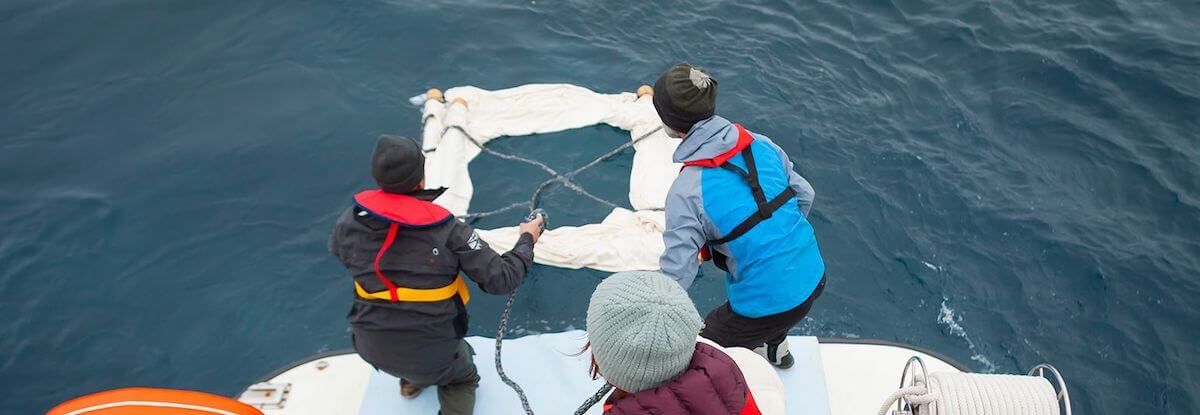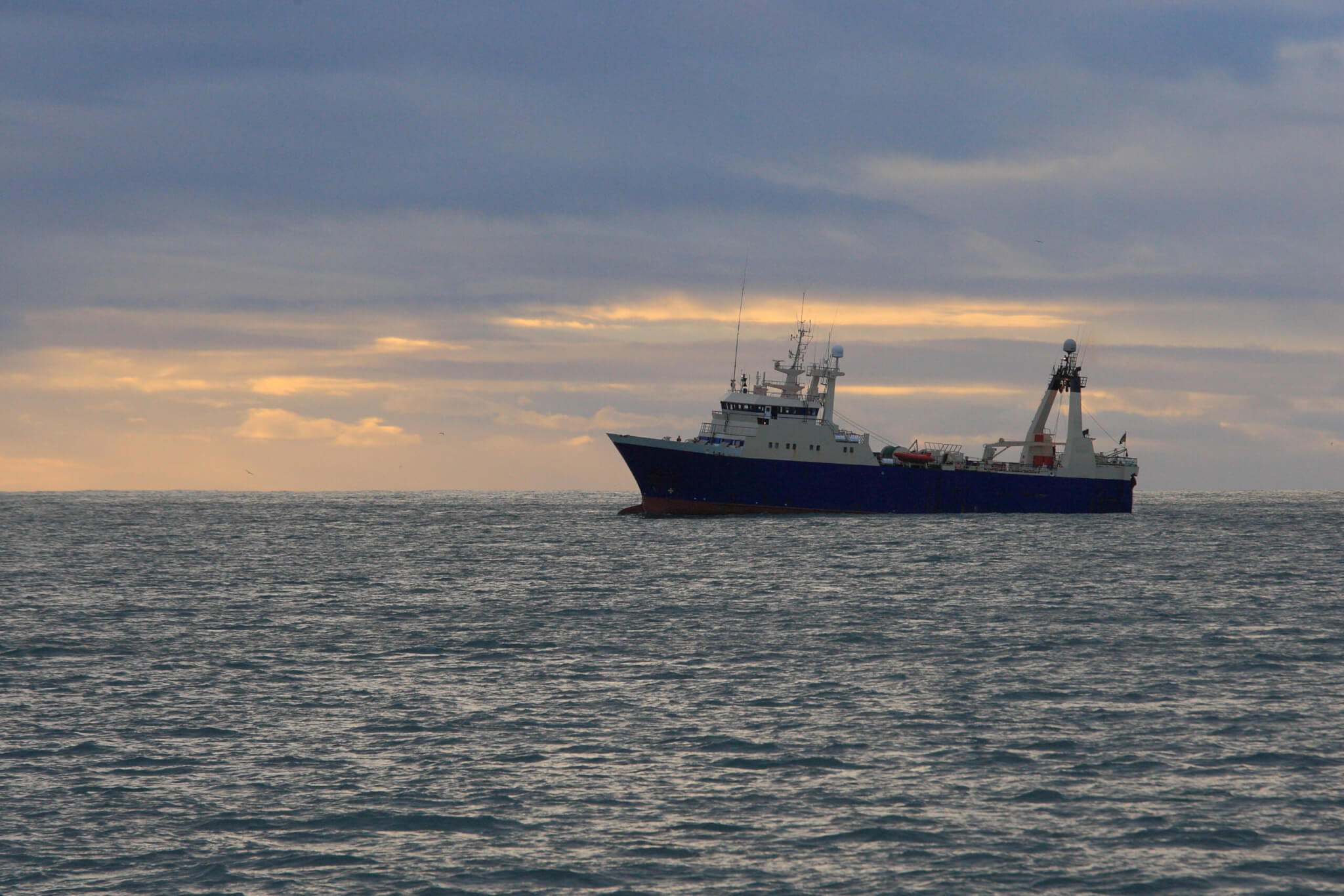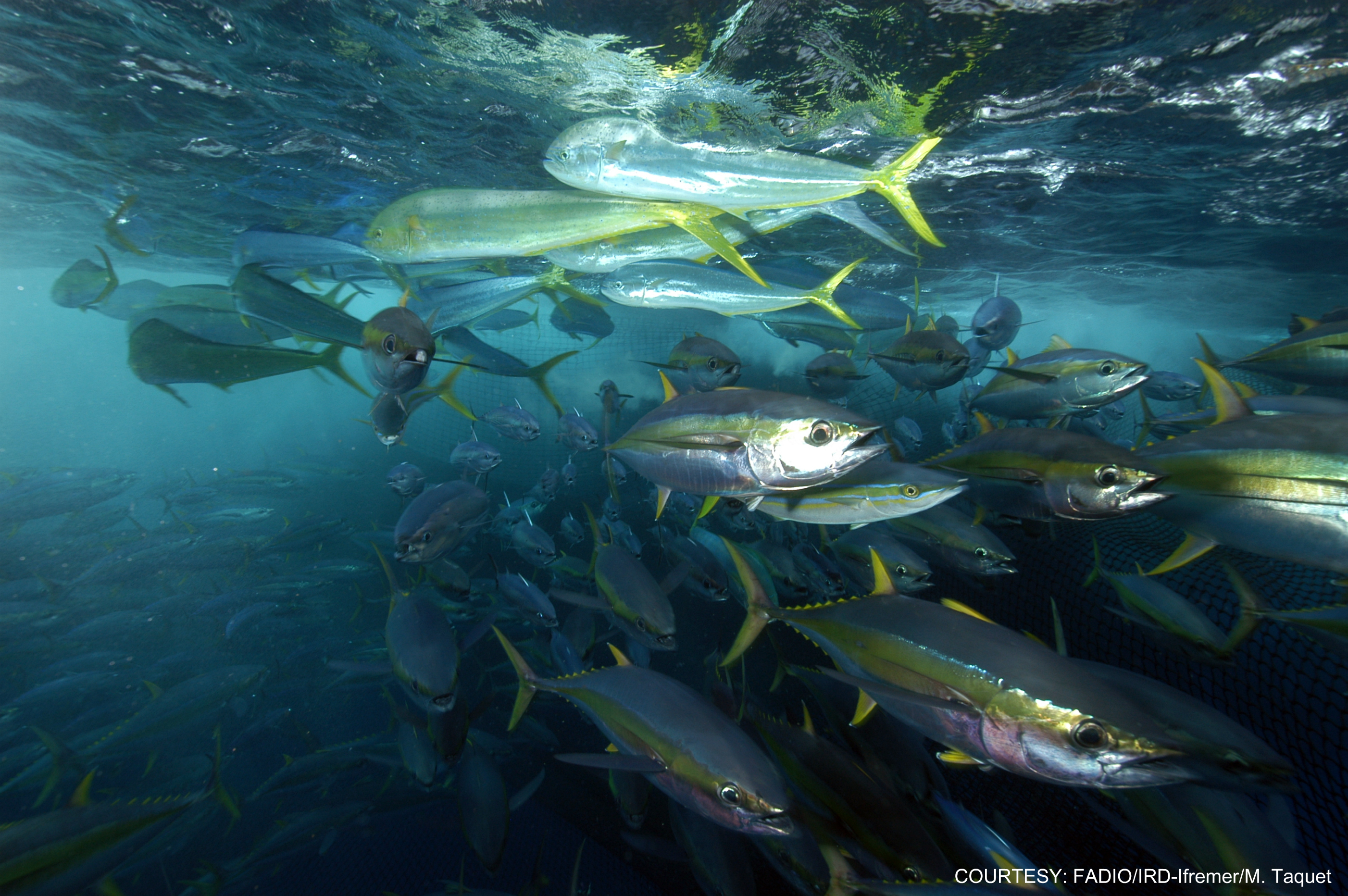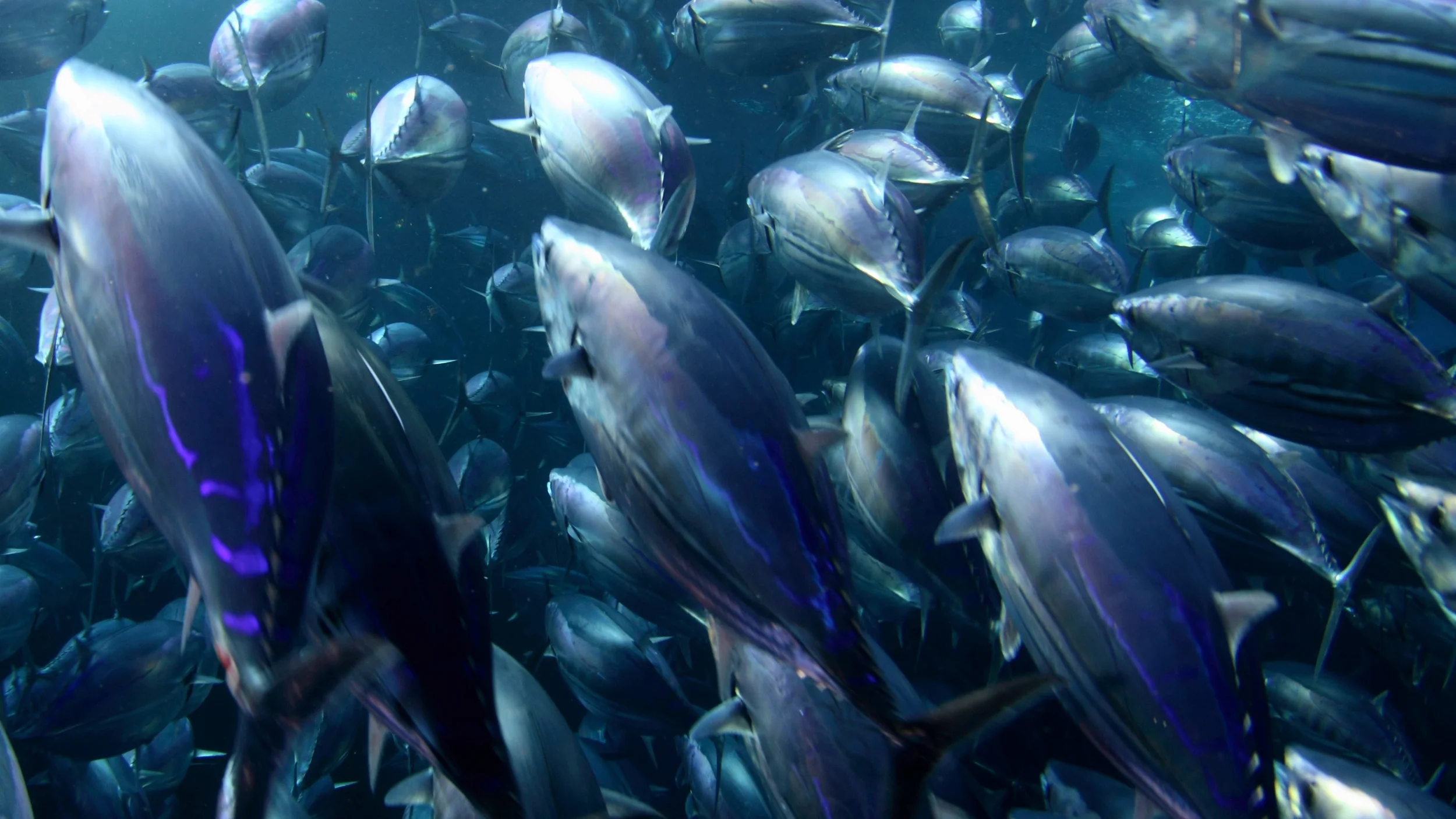
Safeguarding the Pacific’s Tuna Future | BLOG: Stronger action on FADs and at-sea transshipment to protect tuna resources
Featured News
Securing the Pacific’s Tuna Future: ISSF Priorities for WCPFC Action on FADs and Transshipment
When the Western and Central Pacific Fisheries Commission (WCPFC) meets this December, it will have a vital opportunity to strengthen the management of the world’s most productive tuna fisheries — those that sustain global markets, coastal communities, and marine ecosystems alike. The Western and Central Pacific Ocean (WCPO) accounts for more than half of global tuna catches, making the Commission’s decisions critical to the long-term sustainability of tuna stocks and to the health of the ocean systems that support them.
ISSF is calling on WCPFC members to take decisive action in two areas where improved rules can deliver meaningful results: managing fish aggregating devices (FAD) and strengthening at-sea transshipment regulation and port State controls. Progress in these areas will reduce ecosystem impacts, enhance data collection and the monitoring and tracking of FADs, and help deter illegal fishing activities.
Download ISSF’s WCPFC Position Statement
Featured Resources
Fresh Thinking about FADS
In an interactive Web feature, we explain how fish aggregating devices (FADs) are used in tuna fishing — and how they affect marine animals and environments. We also highlight ISSF’s efforts, working with tuna fishers and scientific colleagues, to design and manage biodegradable FADs that have lower marine ecosystem impacts.
RFMO Best Practice Snapshot – At-Sea Transshipment
Our Best Practice Snapshots identify best practices that Regional Fisheries Management Organizations (RFMOs) should follow to manage tuna fisheries sustainably. This “snapshot” identifies best practices in tuna RFMO at-sea transshipment regulations, and then shows each RFMO’s progress in implementing those practices.
ISSF in the News
ISSF calls on ICCAT to accelerate harvest strategy, monitoring adoption
Undercurrent News
ISSF issues ICCAT position statement asking for further progress
World Fishing & Aquaculture


